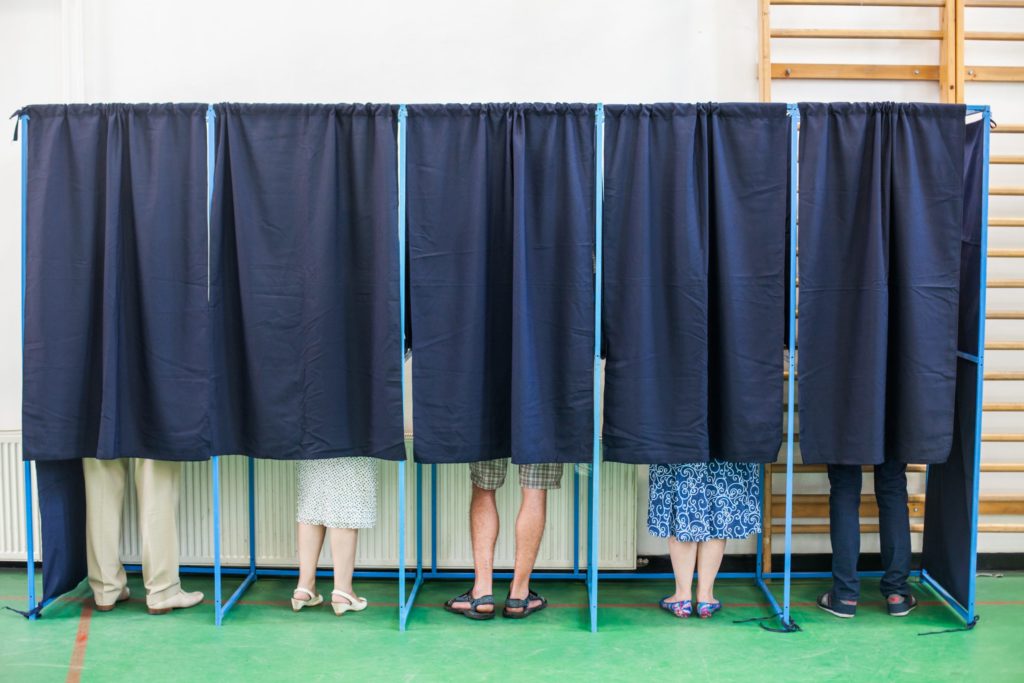To-go alcohol is good policy for RI
As Rhode Island emerges from the latest surge of COVID-19, Gov. Dan McKee is turning to solutions. During his State of the State address this month, he proposed broad policy ideas across public health, climate change and the state’s business environment. One idea to aid small businesses in particular was one he called “out of the box”: making the COVID-19-era alcohol-to-go policies permanent so restaurants and bars could continue to sell cocktails, beer, and wine with to-go food.
Compared to traditional small-business relief – like the property tax exemptions Governor McKee also highlighted – expanding to-go cocktails might look a little unconventional, especially in Rhode Island, which doesn’t even allow happy hour. But COVID-19 completely changed the game. No longer should to-go alcohol be considered novel, since Rhode Island established beverage pick-up and delivery through executive order and later passed legislation extending it until March 1, 2022. With 29 states extending to-go cocktails permanently or at least until 2023, it’s time to embrace alcohol policy that isn’t so “out of the box” after all.
Granted, to-go cocktails seemed extraordinary until 2020, when COVID-19 forced governors to balance “stay-at-home” policies against preserving small business’ revenue. Alcohol sales are critical to restaurants and bars, with margins up to 85 percent; losing these sales would have been devastating. Even since restaurants reopened, many have been able to make up some of 2020’s losses with to-go cocktail extensions in many states, including Rhode Island’s neighbors. Connecticut extended it through at least 2024; Vermont through at least 2023; New Hampshire made it permanent for beer and wine.
But it isn’t just COVID-19 paving the way for to-go or delivered beverages. New technological innovations over the last decade have made Americans accustomed to getting everything they need delivered to their door, sometimes within hours. Amazon offers same-day delivery of millions of products to Prime customers in select cities, as does Walmart Plus. Anyone with a smartphone can summon a ride downtown, order a meal or get groceries delivered.
Why should alcoholic beverages be any different? They shouldn’t, and the cultural significance of that should not be overlooked. Forty years ago, a prohibitionist mindset abounded, partially due to then-prevalent car crashes caused by drunk drivers. But from 1982 to 2018, U.S. drunk driving deaths decreased by 65 percent. While changes to federal law – such as raising the legal drinking age – likely had an impact, cultural shifts mattered, too. Phrases like “designated driver” became second-nature, and campaigns like “Friends Don’t Let Friends Drive Drunk” were credited with decreasing drunk driving deaths by 10 percent from 1990 to 1991.
Today, it’s no longer socially acceptable to get behind the wheel while “buzzed,” much less intoxicated. Alcohol policy adjustments at the margins, including to-go and delivered beverages, have had no effect on drunk driving over the past two years, and there’s no reason to think making them permanent would. In fact, home delivery might decrease incidents of DUIs since customers can enjoy a few beverages without worrying about getting home safely.
Thus, the benefits for Rhode Island’s business community far outweigh any potential downsides. COVID-19-driven uncertainties march on, and since nothing is worse for business than uncertainty, Governor McKee and Rhode Island legislators should provide steady ground for bar and restaurant owners by making permanent the to-go cocktail and delivery policies already in place today. Twenty-nine other states have shown it can be done: Rhode Island can and should be the 30th.








